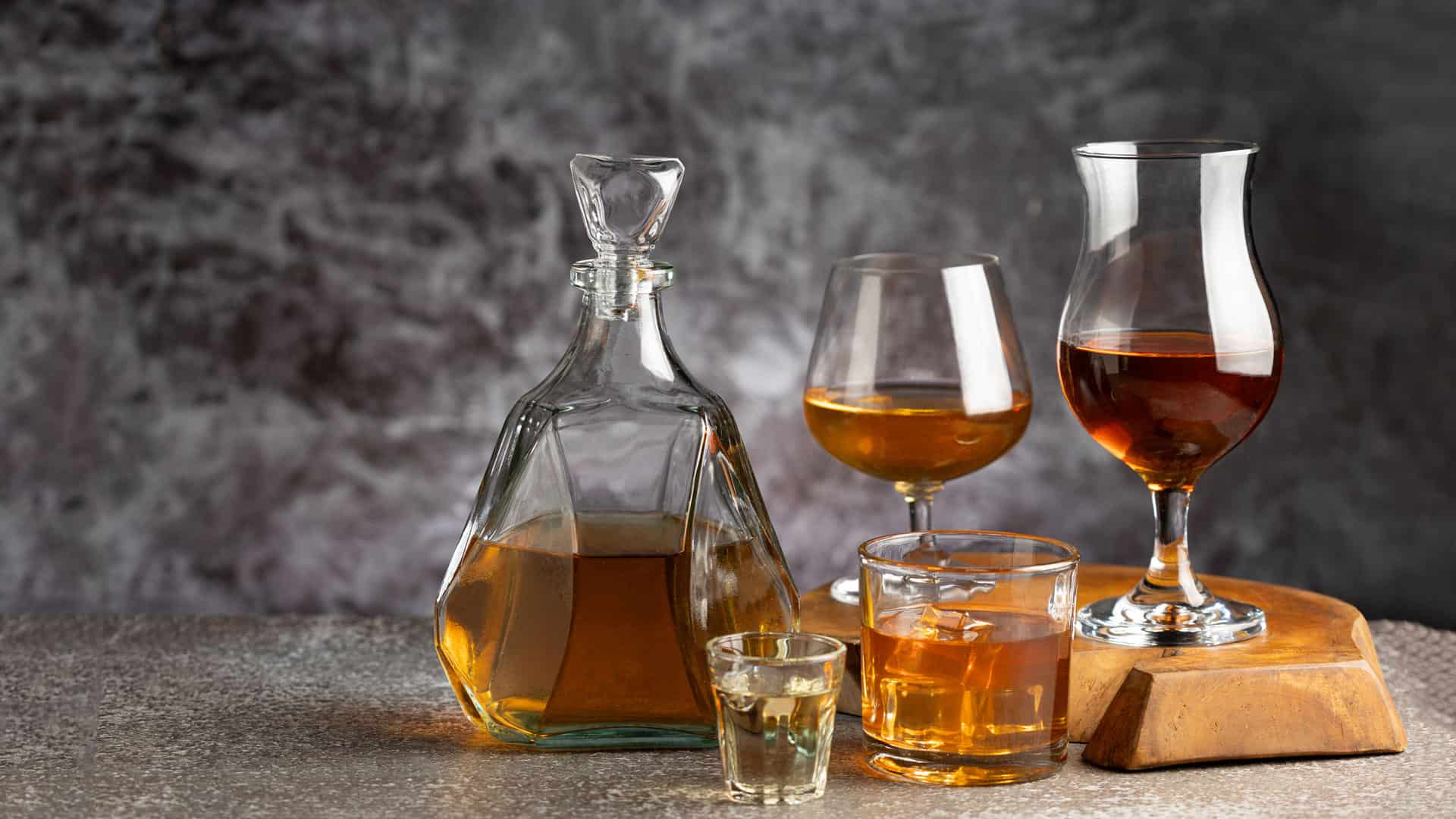Introduction: Spirits
In our online store you will find an exquisite selection of high-quality spirits of the highest quality. Our range also includes numerous other white wines, rosé wines, red wines and sparkling wines.
If you are looking for a gift, we recommend the various tasting boxes from our gift service, for example, or a gift voucher, which gives the recipient a free choice in our online shop.
The most important facts about the spirits category at a glance
- Spirits are all drinks that have a minimum alcohol content of 15% by volume and are obtained by distilling natural, fermented plant products.
- The world’s largest producer of spirits produces an annual sales volume of around 960 million liters.
- In Europe, the United Kingdom (11.5 million hectolitres), followed by France (6 million hectolitres), Germany (3.7 million hectolitres), Poland and Italy (with 3.2 million hectolitres each) are the leading production countries. These five countries account for 71% of spirits production within the European Union.
- It is thanks to alchemists from the 12th century onwards that the distillation of exclusive spirits is possible today, by optimizing the alambics that existed at the time for the production of spirits.
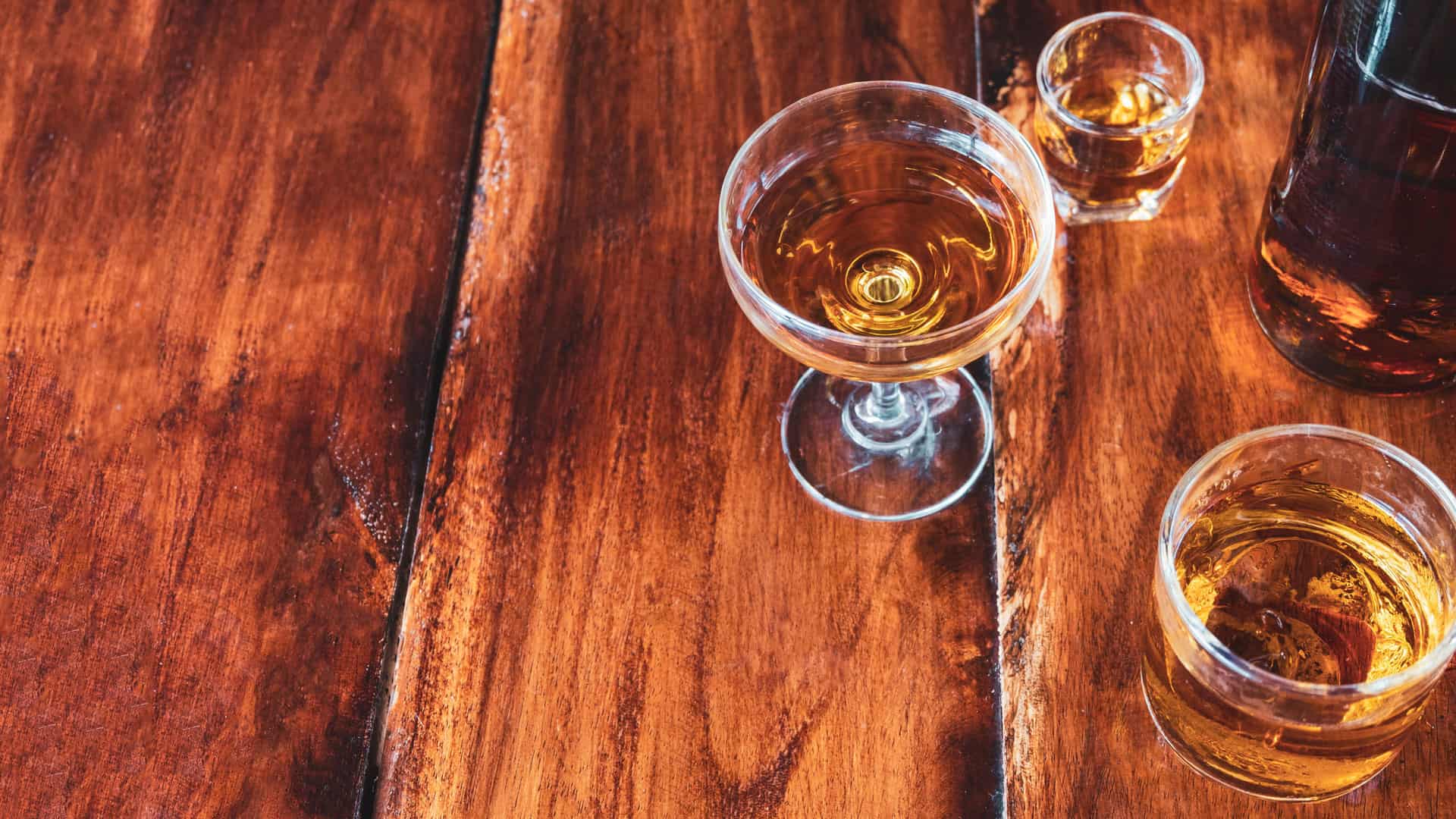
History and development of spirits
The term spirits comes from the Latin word “spiritus” and emphasizes the artisanal production of spirits.
From antiquity to modern times
The Egyptians already knew how to distil traditionally. The Greeks and Romans did the same, but the Egyptians probably used distillation equipment primarily to extract essential oils from various plants using steam.
The distilling technique then spread from the Orient to Europe. Incidentally, the terms alcohol and alambic are derived from their original origins. Alcohol comes from the Arabic word al-kuhl and alambic from the Arabic word al-anbiq. It is assumed that it was mainly thanks to alchemists in the 12th century that we are able to produce spirits with these devices today. They are said to have modified or optimized the devices accordingly.
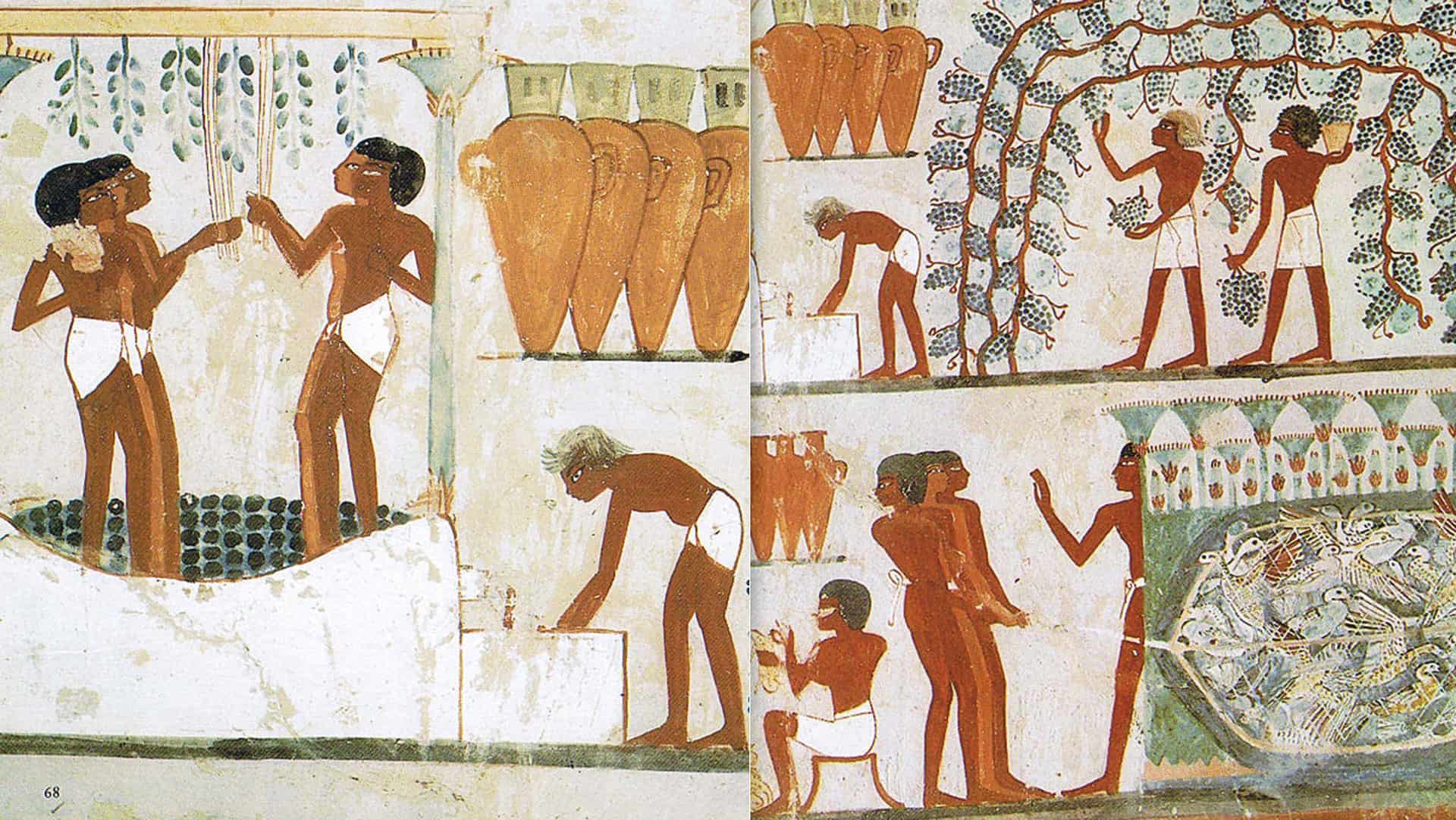
The medical school in Salerno, which was regarded as a particularly innovative place of experimentation and where the physician Platearius was able to describe the distillation process very precisely as early as 1150, probably played a pioneering role here.
Commercial production began in many European countries at the end of the Middle Ages. The first production of various spirits is an important page in the history of spirits:
- Armagnac was first produced in the southern French countryside of the same name in 1411.
- The famous apple brandy Calvados was produced in Caen and other Norman towns at the beginning of the 16th century.
- Also at the beginning of the 16th century, Cognac in the southwest of France produced the highest quality brandy of the same name.
- At the end of the 16th century, one of the founding fathers of the Dutch alcohol industry, Lucas Bols, laid the foundation stone for the so-called genever with the first peat-fired still, from which gin was made in London around 200 years later.
Definition of spirits
The term spirits covers all authentic drinks that contain an alcoholic liquid. As with whisky and gin, the alcohol content must be at least 15% by volume, the drink must be intended for human consumption and must fulfill certain sensory characteristics. The variety of products and flavors has contributed to the fact that spirits are part of various drinks and cocktails.
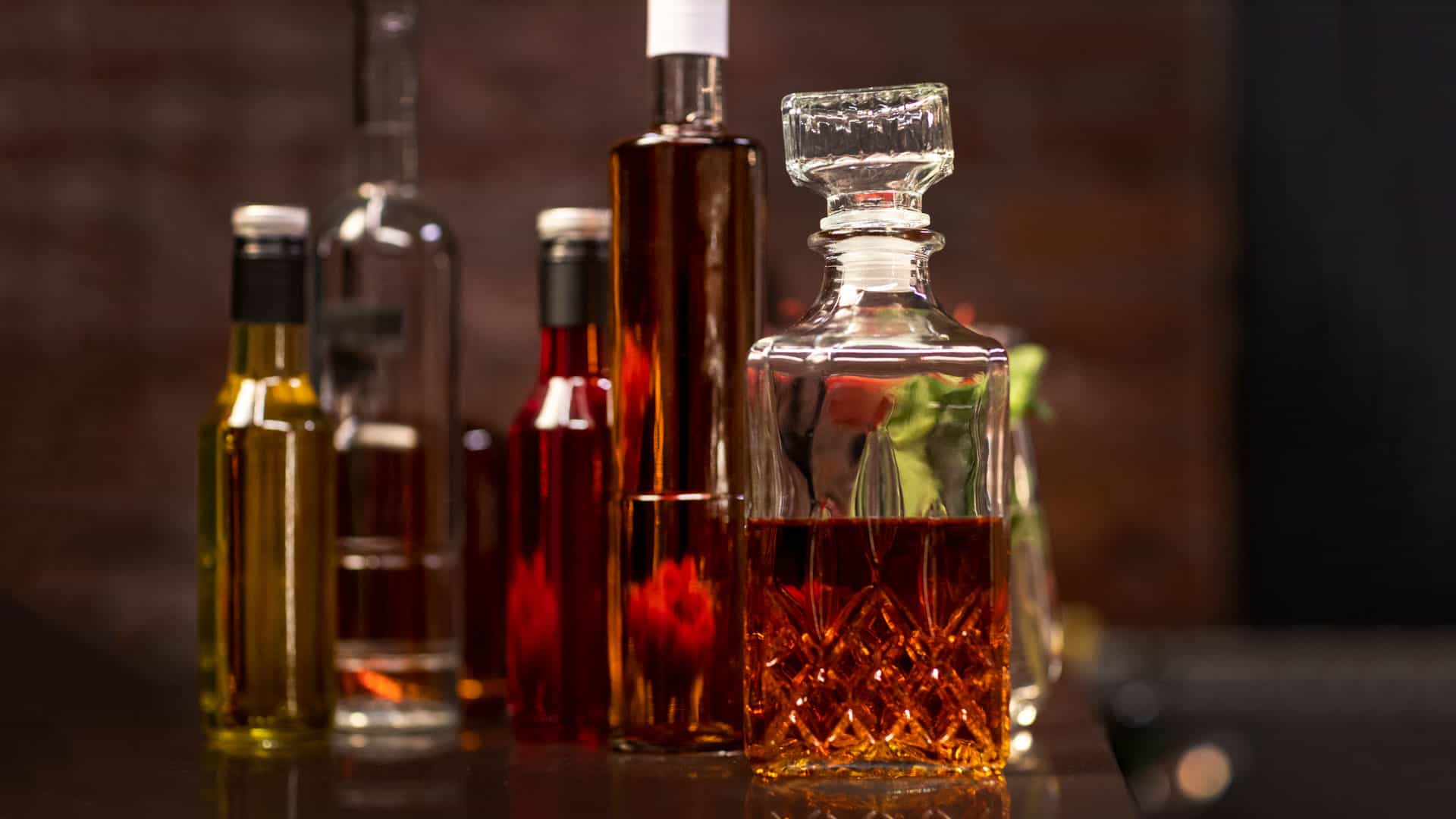
Wine does not count as a spirit
Unlike wine, exquisite spirits such as whisky and gin are not wines. In Switzerland too, unlike wine, spirits such as whisky, rum, vodka, liqueur and gin are produced by distillation and have an alcohol volume of at least 15% by volume. An exception is egg liqueur with 14% alcohol by volume. There is no upper limit to the alcohol content of spirits.
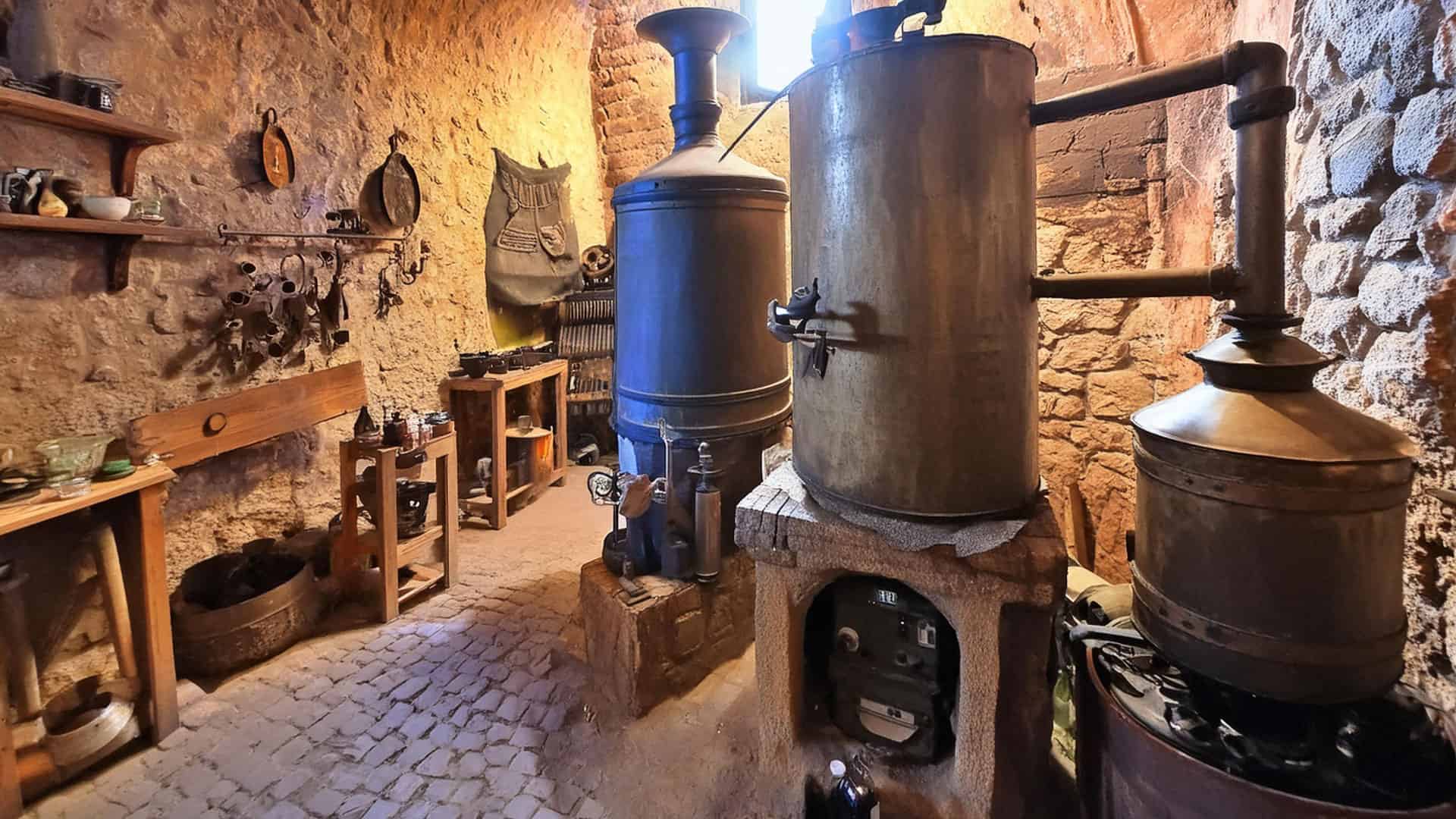
Brandy may be referred to as brandy. As a rule, the wine distillate is distilled directly from wine. It must be stored for at least six months in oak barrels with a capacity of less than 1,000 liters, or at least twelve months if larger barrels are used.
Number of types of spirits
Countless products, divided into over 100 different categories
Exclusive spirits come in a wide variety of forms and variants. Each category has its own characteristics and flavors. The most important are
- Brandy made from wine for all products distilled from wine.
- Brandies such as Cognac or Armagnac that have been aged for at least six months in oak barrels. For barrels with a capacity of more than 1,000 liters, 12 months are prescribed.
- Spirits produced from by-products of wine production. These include grappa, marc, marc brandy and yeast brandy.
- Fruit brandy, which, as the name suggests, is made from fruit wine or fruit mash. Well-known and popular varieties are calvados, kirsch, plum brandy, Williams pear, mirabelle plum brandy, etc.
- Compared to fruit brandies, fruit spirits are made from fruit that has a low sugar content and is not suitable for fermentation, but has an aromatic content as fruit. These include blackberries, raspberries and sloes.
- Grain brandies, which are consequently produced from grains such as wheat or rye. These include grain, whiskey (also whisky), vodka and rice schnapps.
- There are also spirits made from underground plant parts, spirits made from agave (also known as mezcal) such as the well-known tequila, spirits made from sugar cane such as rum, the wide world of liqueurs, spirits made from juniper such as gin, high-proof spirits made from aniseed such as arak, ouzo or pastis, spirits made from caraway and many more.
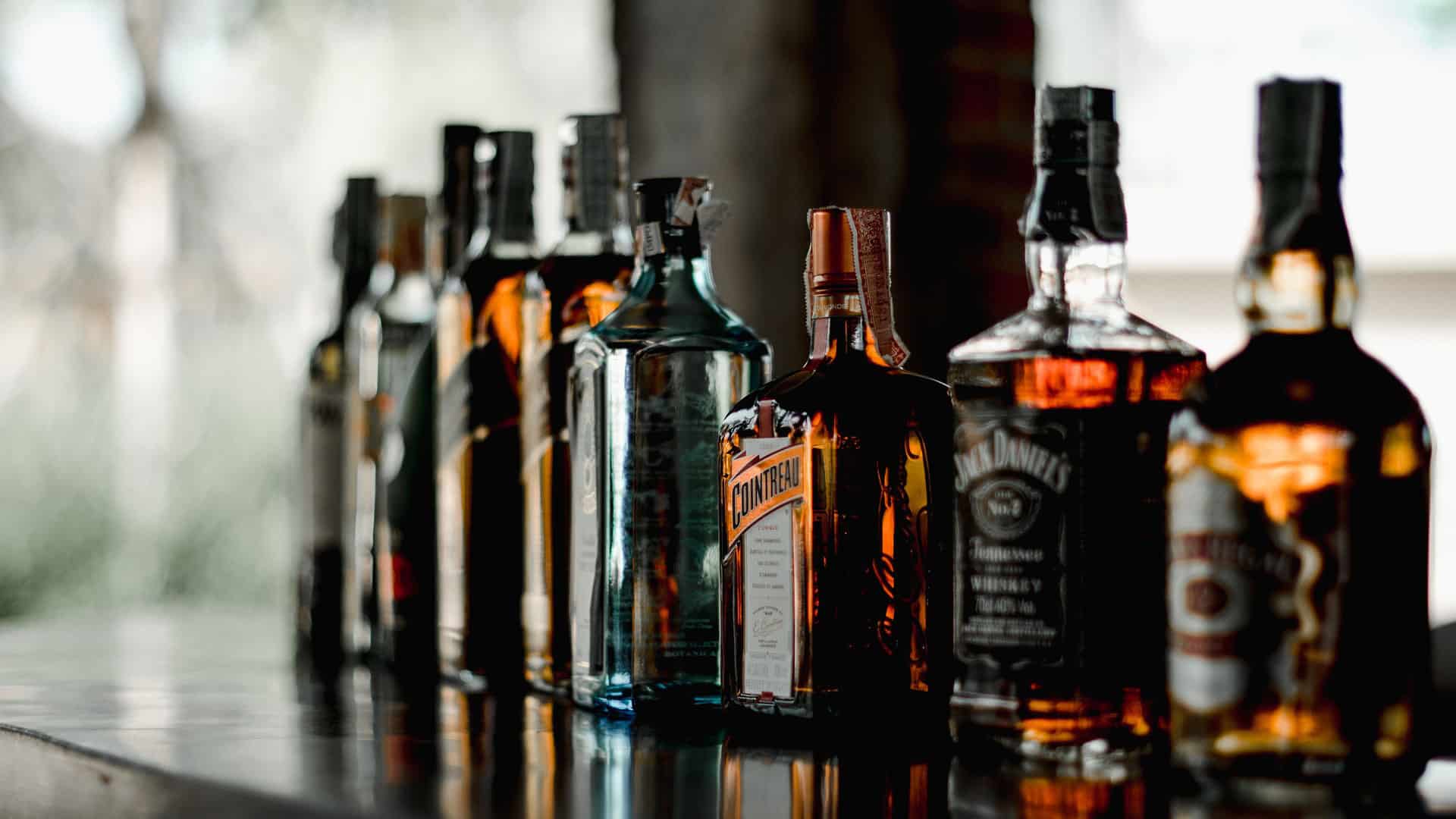
Manufacturing and production
Traditional and modern manufacturing processes
To produce spirits, you need an artisanal raw material. This can be obtained in two different ways.
- Fermentation of sugar-containing solutions of grain, rice, potatoes, nuts, other natural plant products or fruit juices or mash.
- Preserving fruits and berries in alcohol, also known as maceration.
This is followed by what is known as distillation. This process, also known as distillation, can be carried out once or several times. The product obtained, also known as the distillate, is then partly placed in oak barrels for further maturation, which gives the product a light brownish color in addition to flavor components such as vanilla, nut or wood. To make the end product drinkable, water is added to reduce the alcohol content to a drinkable strength.
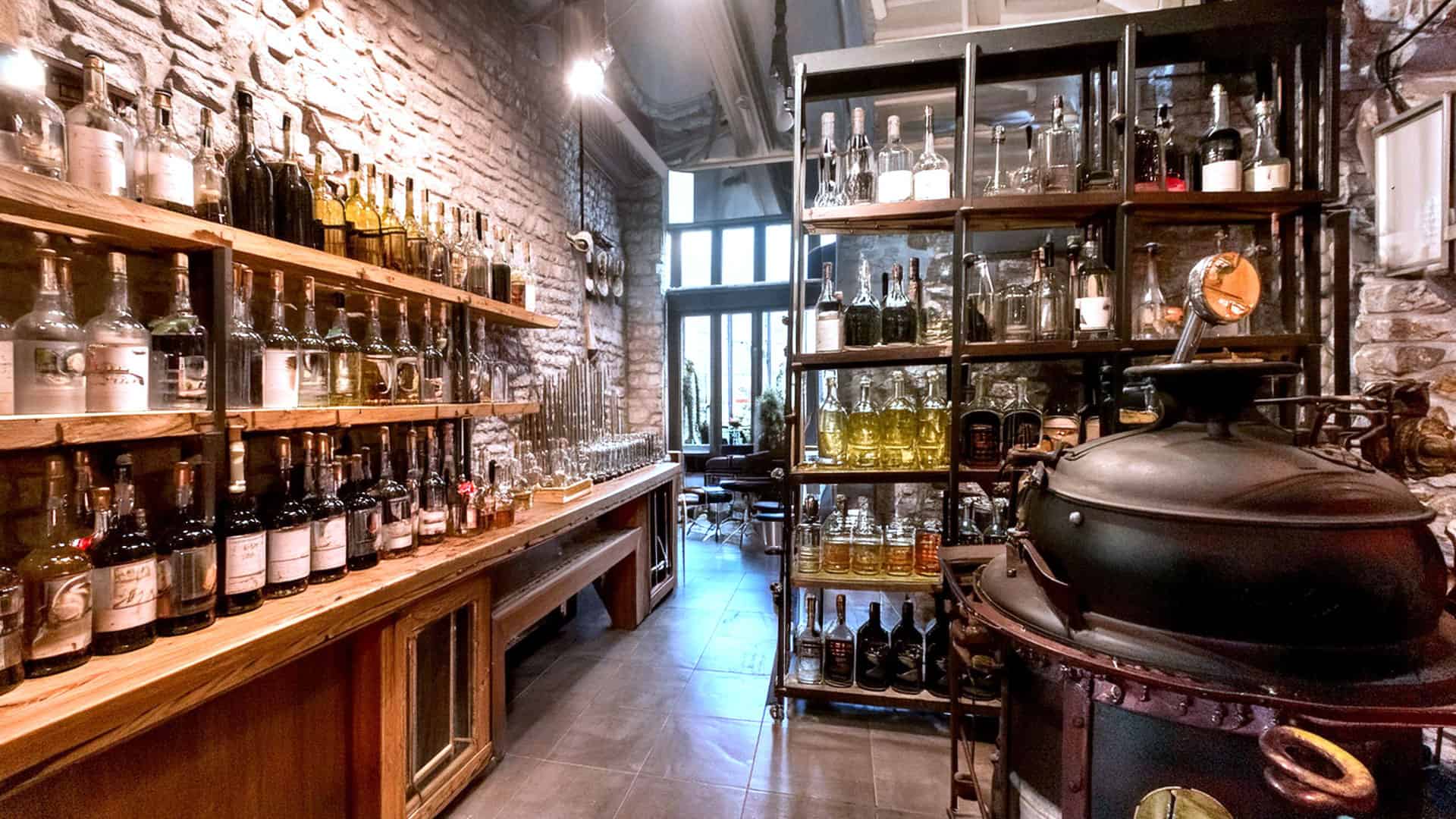
Alcohol in spirits
The basis for the production of spirits is usually authentic ethyl alcohol. It is also known as neutral alcohol, as it is largely free of aromas and is therefore very well suited to the production of spirits.
Water as an important component
Exquisite water is a very important component of many spirits. Water is incorporated into the production process to regulate the alcohol content and refine the taste. The choice of water is decisive for the taste of the end product.
Storage and use of spirits
Correct storage
Like wine, high-quality spirits should be stored in a cool place at a stable temperature. This ensures that only a minimum of the alcohol contained in the spirit evaporates. As a guideline, any temperature below 20 °C is suitable for storing this type of beverage. Spirits can be stored for several years.
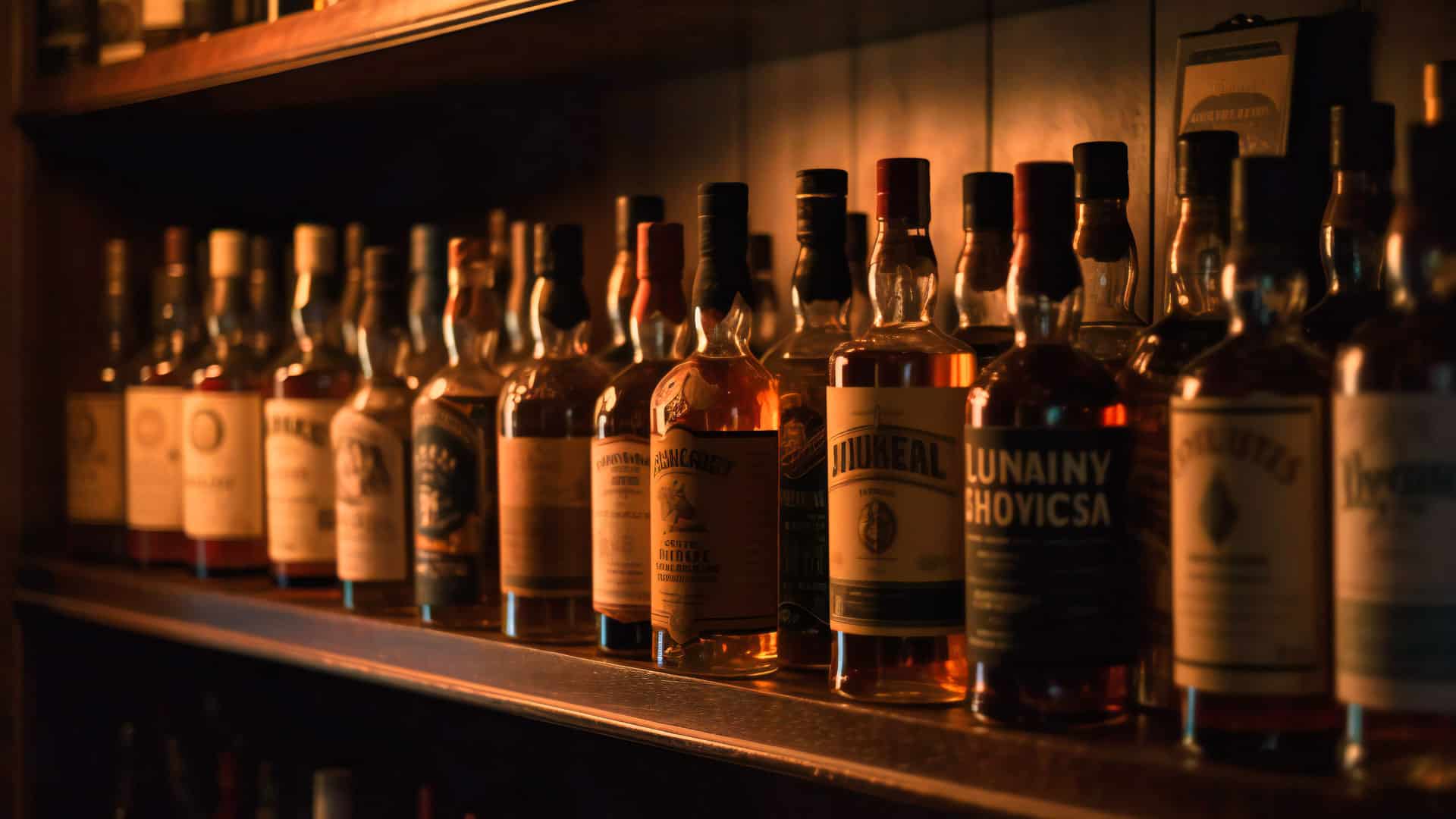
Use of spirits
Spirits are among the many beverages that have not only been produced in a wide variety of cultures for many centuries, but have also been used for a wide variety of purposes. On the one hand, they are a luxury drink and are often used in the kitchen for cooking and baking. Due to their high alcohol content, they are also very suitable as preservatives and are used in the preparation of cocktails and drinks. Spirits are also traditionally used externally as liniments and for disinfection.
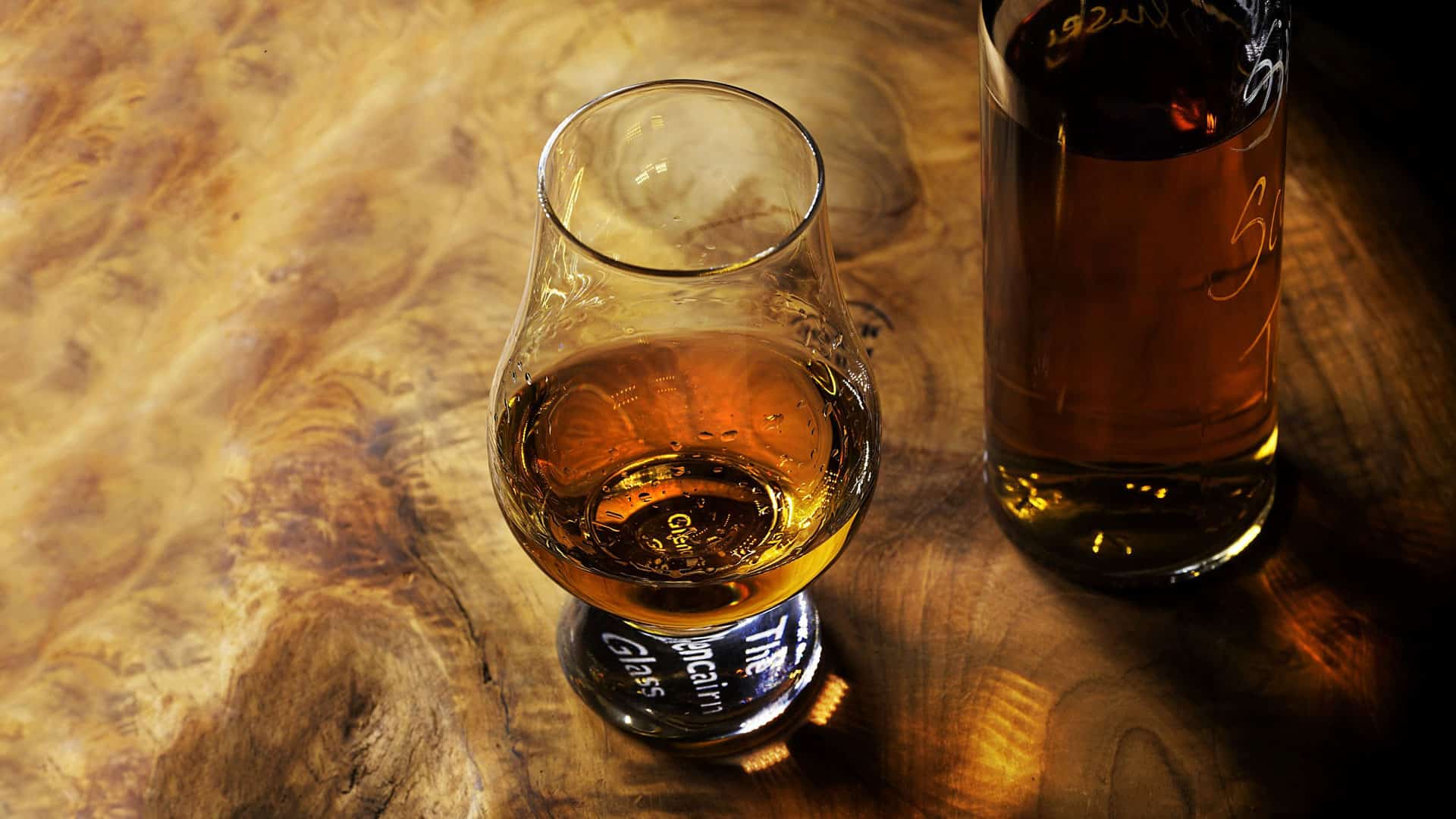
Interesting facts about spirits
Here you will find answers to frequently asked questions about high-quality spirits.
What kind of spirits are there?
These premium spirits are particularly well known around the world:
- Whiskey.
- Vodka.
- Rum.
- Gin.
- Tequila.
Which drinks fall under spirits?
Overview of spirits: Unlike beer and wine, spirits are authentically produced by distillation. They must also contain at least 15 percent alcohol. All alcoholic beverages that are considered spirits have these two characteristics in common.
What is the difference between spirits and schnapps?
What is schnapps? In everyday life, high-proof, exquisite spirits are often called schnapps. However, there are differences on the label. In a schnapps, sugar and/or additional alcohol may be added to the spirit.

